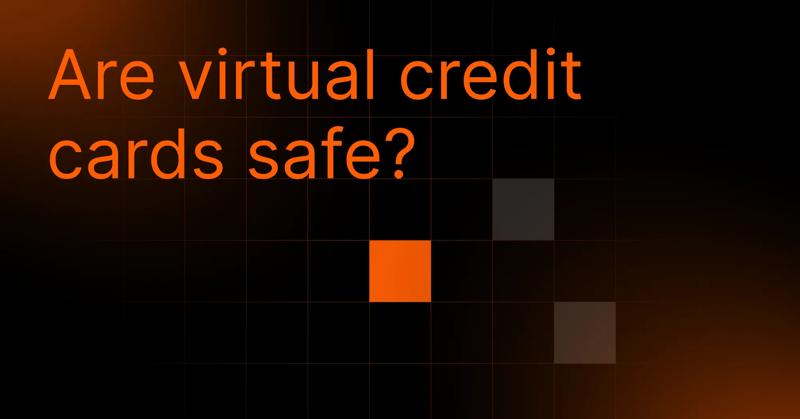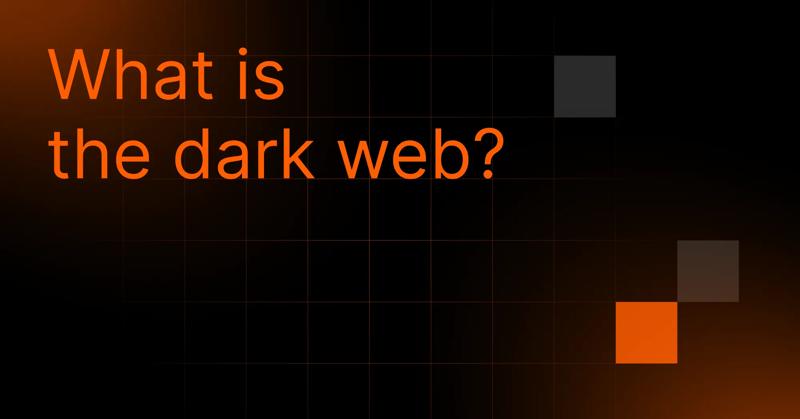What to do if your phone number is found on the dark web
The dark web is a hotbed of illegal — or at least legally dubious — activity. And while most law-abiding users don’t intentionally engage with the dark web, it can still pose a threat. One particularly sensitive type of data often found there is individuals’ phone numbers. If your phone number is on the dark web, criminals can use it for SIM swapping, identity theft, spam text messages, targeted scams against you and your contacts. If you’ve discovered that your phone number has ended up on the dark web or you’re curious about how to protect yourself in case that happens, read on to find out what you need to know and do.

What to do if your phone number is found on the dark web
If your phone number appears on the dark web, act quickly to reduce the risk of fraud and account takeovers. Start by securing your mobile account with a SIM PIN or port-out protection from your carrier to prevent SIM swapping. Next, review all accounts linked to your phone number and enable two-factor authentication using an authenticator app instead of SMS where possible. Be alert for phishing calls, texts, and scam messages, and avoid responding to unknown contacts. Finally, monitor your accounts for unusual activity and consider using identity or dark web monitoring services to catch future exposures early.
What happens if your phone number is found on the dark web?
If your phone number ends up on the dark web, criminals can do a lot of damage, considering how much of your personal and financial data is tied to it.
- SIM swapping. Criminals might be able to convince your carrier to transfer your number to their device, allowing them to intercept authentication codes and calls.
- Identity theft. Criminals can use your number to access your personal information, including login credentials or bank account numbers, and commit identity theft, fraud, and scams.
- Account takeovers. Criminals can use your number to access your online accounts, putting your data and digital identity at risk.
If you’d like to learn more, you can also take a look at our guide on what someone can do with your phone number.
How to find out if your phone number is on the dark web
It can be challenging to find out if your info is on the dark web without accessing the dark web yourself. Fortunately, it’s not impossible. Let’s take a look at some ways to check if your phone number has been leaked on the dark web.
Use a trusted dark web monitoring tool
Some cybersecurity services specifically monitor the dark web for any potential leaks of sensitive data. For example, consider identity theft protection services like NordProtect. It offers a dark web monitoring feature that scans for exposed sensitive information, such as phone numbers or Social Security numbers.
Check data breach databases that include phone numbers
Aside from the Federal Trade Commission (which usually reports on data breaches), it’s also good to keep an eye on news sources that monitor such incidents. Some websites, like Have I Been Pwned, allow you to check if your phone number or email address has been involved in a data breach.
Phone numbers on the dark web are typically acquired through large-scale data breaches, rather than through targeted methods like hacking or other types of phishing. Aside from phone number leaks, data breaches can also expose emails, private photos, and financial information. If you hear about a data breach on the news, it’s always best to be proactive and check if you’ve been compromised.
Monitor for signs of suspicious activity
Sometimes your phone number can be sitting on a dark web repository for months before it gets used in a cyberattack. Criminals may also deliberately wait to use phone numbers involved in a breach, so their owners can be lulled into a false sense of security. If you suddenly get requests for 2FA approvals or unknown calls and texts, it could be a sign that your phone number has been exposed in a data breach or pulled from the dark web.
Ask your mobile provider about unusual activity or account access
If you want to be proactive about checking for potential dark web activity associated with your phone number, contact your mobile provider. It can give you a report about any activity linked to your phone number or review your account for signs of SIM swap attempts or unauthorized access.
Most mobile providers also generate automated billing reports that can track phone numbers dialed, duration of calls, or other metadata. These logs can be a great way to check if your number has been misused following a dark web data breach.
Set up security alerts and breach notifications
Some third-party programs offer early detection solutions to help you verify if your phone number has been leaked. Also, some password managers can automatically check if your account passwords appear in compromised databases. Meanwhile, antivirus apps can provide alerts about potential threats.
You can also use identity theft protection services like NordProtect to proactively monitor for signs that your phone number or other personal info has been exposed. Such tools can help you quickly take action in case your details end up on the dark web.
What should you do if your phone number is found on the dark web?
If a dark web scan or other indicators reveal that your phone number has been leaked, don’t panic — you can take steps to mitigate the damage.
Secure your online accounts linked to that number
Secure other accounts that use your compromised phone number for verification or communication. If you’re using a password manager, have it generate strong, unique passwords for your accounts.
You should also update any recovery options tied to your phone number. Since the thieves now have access to it, they may deliberately trigger the account recovery process for your accounts and change your details.
Contact your mobile provider for additional protection
If you can’t get another phone number, you can also contact your phone provider to tell it that your phone number has been compromised in a data breach. Set up a PIN code or lock your SIM card to ensure that it can’t be used on other devices or apps. Additionally, make sure that your device’s privacy and security settings are updated.
Some mobile providers can disable or block your phone number upon request. This measure can help prevent your compromised phone number from being used in fraudulent schemes. However, it will also restrict your own access to and use of that number.
Monitor financial accounts and credit reports
If your phone number is tied to your finances, immediately call your bank or any relevant financial institutions once you know it’s been compromised. These institutions can place a fraud alert on your bank accounts to ensure that any future activity is monitored and stopped.
In some cases, you can use credit monitoring services to receive alerts about suspicious or unauthorized activity on your credit reports and credit card statements. Regular monitoring reduces your risk of identity theft and helps protect the majority of your financial assets from harm. For added security, consider implementing a credit freeze to prevent new accounts from being opened in your name.
Invest in identity theft solutions
Aside from learning to recognize the signs of identity theft, you should also invest in solutions like identity theft insurance coverage or dedicated monitoring services. These solutions offer proactive measures to help prevent identity theft, and they make recovery easier in case you do experience a breach.
Most providers assist with the paperwork and other tasks that you need to do after a breach, such as helping you contact your banks or the three main credit bureaus to initiate a fraud alert. Some services continue monitoring your information even after a data breach happens, ensuring future protection against similar risks.
Is it possible to remove your phone number from the dark web?
Unfortunately, full removal is not possible once your phone number's been leaked on the dark web. Since criminal data brokers often transact these numbers in bulk, your number may have already been copied and distributed across multiple sources. While some services offer removal attempts, these efforts are limited and can’t guarantee complete erasure from all databases.
Data breaches often expose phone numbers and more sensitive data en masse — and this data is valuable to bad actors. Once your phone number appears on one database, you should assume that it’s already in multiple databases. Since leaked phone numbers are often linked to broader identity theft, understanding what to do if your identity is stolen is also crucial.
The best practice that most security experts advise is to mitigate any potential damage from a leaked phone number. If your phone number has already been used in cases of identity theft, you can look into identity theft recovery options.
How to keep your personal information off the dark web
The best way to protect yourself and prevent your phone number from being leaked is to adopt a proactive, prevention-focused mindset. This approach doesn’t just apply to your phone number. It should be applied consistently to any information that you share online.
- Don’t share your phone number, driver’s license, or sensitive documents online on public forums or social media.
- Use a secondary or virtual number for signups.
- Always use complex passwords to reduce the risk of your accounts being compromised through brute-force attacks.
- Use reputable apps and limit permissions.
- Monitor breaches using automated alerts.
- Store your passwords in offline databases or secure password managers.
- Use a virtual private network (VPN) to access the internet and enhance your overall privacy.
- Use automated dark web scanning services to check for any potential data leaks.
Scams are in the air!
Save 71% on identity theft protection with fraud insurance
30-day money-back guarantee
View promotion details.
Ugnė is a content manager focused on cybersecurity topics such as identity theft, online privacy, and fraud prevention. She works to make digital safety easy to understand and act on.



